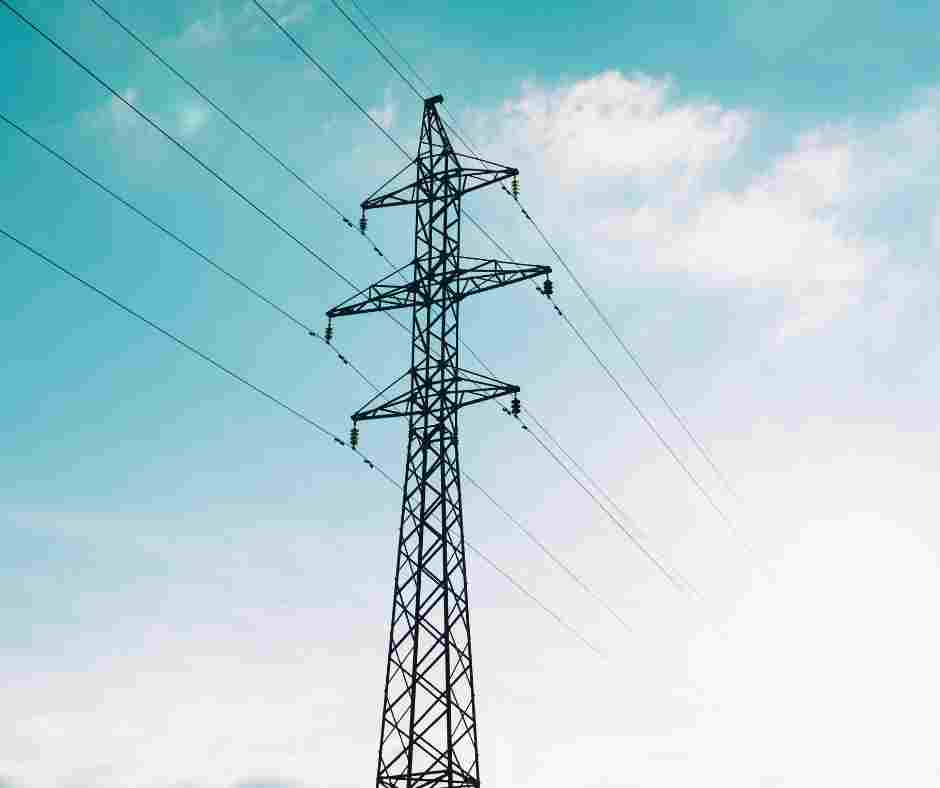Finding the Best Loans to Pay Bills
Are you struggling to make ends meet and need help paying your bills? If so, you’re not alone. Many Australians find themselves in this situation at some point, and taking out a loan could be a helpful solution.
Updated by Steve Stemp on 1/8/23

Personal loans
Personal loans are an option to consider for paying bills. These loans can be used for any purpose, including utility bills, medical bills, and other expenses. Personal loans typically have a fixed interest rate, which means your payments will stay the same throughout the life of the loan. They also usually have a longer repayment period than payday loans, so you have more time to pay them back. This can be useful for bills that are higher amounts, offering lower repayment amounts but stretched out over more time. This can help reduce financial strain during the term of the loan.
Credit card cash advances
If you have a credit card, you may be able to pay for bills using this, or take out a cash advance if billers don’t accept credit card payments such as restrictions on using BPAY with your credit card.
This option can be tempting, because it doesn’t require going through the process of applying for a loan if you already have a credit card. However, it’s important to keep in mind this option can be expensive because cash advances often come with high interest rates and fees. Additionally, you’ll need to pay off the balance quickly to avoid accruing interest.
Payday loans
Payday loans are short-term loans that are due on your next payday or split over a few pay cycles. They are a quick and easy way to get cash for bills, but they do come with fees. Generally you can expect to pay an establishment fee of 20% of the amount borrowed and a monthly fee of 4% of the total loan amount, although some lenders have been known to charge more or include hidden fees or charges. It’s important to carefully read the terms and conditions of a payday loan before taking one out to make sure you understand the fees and repayment terms in full.
Bill payment assistance programs
Some government and non-profit organizations offer bill payment assistance programs to help those in need. These programs can provide financial assistance for paying utility bills, medical bills, and other expenses. Check with your local government and community organizations to see what programs are available in your area.
If you are receiving Centrelink or other government payments, you might be eligible to request an advance on payments. Service providers may also negotiate with you to repay the amount owing over time, or offer discounts in cases of financial hardship.
Considerations
When looking for a loan to pay bills, it’s important to shop around and compare options. Look for loans with the lowest interest rates and fees for the amount you need to borrow, and make sure you understand the repayment terms. You should also consider your ability to repay the loan and avoid taking out more than you can afford.
Summary
In conclusion, taking out a loan could be a helpful solution when you need to pay bills, and don’t have the savings to cover them. Personal loans or bill payment assistance programs may generally be the best options because they can offer lower interest rates and fees than credit card cash advances and payday loans. Make sure to carefully read the terms and conditions of any loan you consider and only borrow what you can afford to repay.
Related
Holiday or travel loans
Loan types
Click below to apply for a loan between $500 and $5000 today